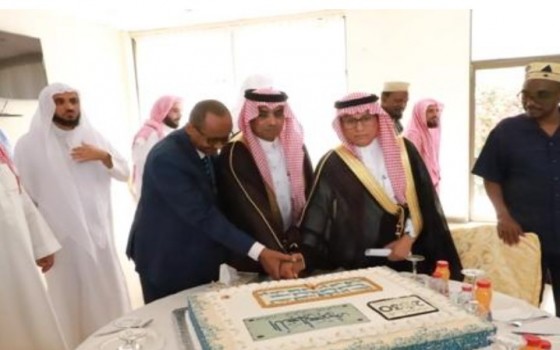
The efforts of the Kingdom of Saudi Arabia to spread the Arabic language in the Horn of Africa

- admin
- Thursday , 22 February 2024 15:17 PM GMT
The Islamic Institute of Djibouti organized a scientific symposium that sheds light on the efforts of the Kingdom of Saudi Arabia to teach the Arabic language in the Horn of Africa, under the patronage of the Ambassador of the Custodian of the Two Holy Mosques in Djibouti, Mr. Faisal bin Sultan Al-Qabbani.
The symposium was attended by a number of specialized university professors, most of whom are faculty members in the university education department at the institute, in the presence of the Ambassador of the Republic of Djibouti to Yemen, Ambassador Muhammad Ali Issa, the Executive Secretary of the Islamic Supreme Council, Sheikh Akiya Qorah Fateh, and other officials and fans. Arabic .
During the symposium, scientific papers were presented on the role of Imam Muhammad bin Saud Islamic University in teaching Arabic in the Horn of Africa, on scholarships and their role in spreading and advancing the teaching of the Arabic language, the role of the Islamic Institute in spreading the Arabic language in the Republic of Djibouti, and the role played by this educational edifice. In promoting a culture of moderation, centrism, and Arab identity.
The stages of development of the Arabic language in Djibouti after independence and the contributing factors were also reviewed, in addition to the Kingdom of Saudi Arabia’s course in spreading the Arabic language on the African continent.
This scientific meeting also constituted an opportunity to highlight the importance of scholarships to Imam Muhammad bin Saud Islamic University, allocated to children of the Islamic world, and its pivotal role in spreading the language of Dhad.
The speakers who presented scientific papers pointed out that the Kingdom, since its inception, has always paid great attention to the Arabic language, as it is above all the language of the Islamic religion and the language of the Holy Qur’an. They pointed out in this regard that the Kingdom’s care came out of belief in the religious duty that represents the connection between the Arabic language and the language of the Holy Qur’an. And religion, in order to preserve the nation’s identity, its future, and its prestigious position among nations, and to confirm that language is a means for the nation’s progress and the prosperity of its sciences and people.
In a speech he delivered at the opening of this symposium, the Director of the Islamic Institute stressed the great importance of Arabic, saying, “The Arabic language is one of the oldest living languages on the face of the Earth, and it is a language steeped in the roots of history. There is no doubt that the language we use today has been around for more than six years.” For ten centuries, it has risen to levels of greatness and elevation below which all other languages fell short, after the Truth revealed to it a recited Qur’an, and ensured its preservation until God inherits the earth and those on it.”







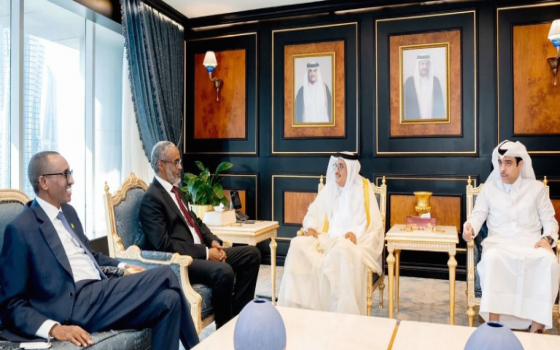
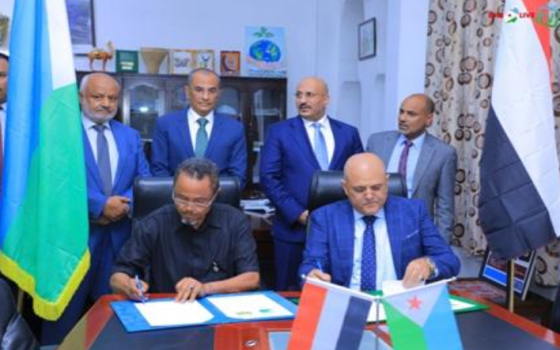
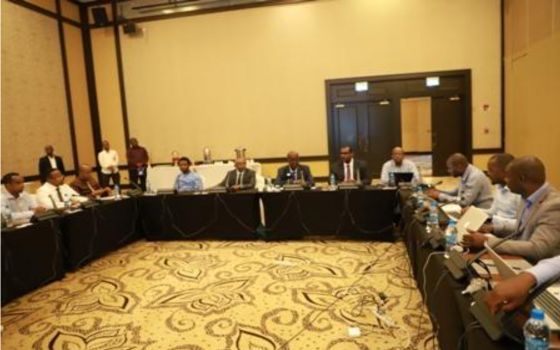
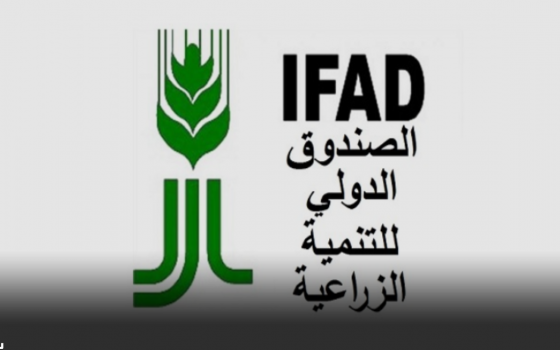
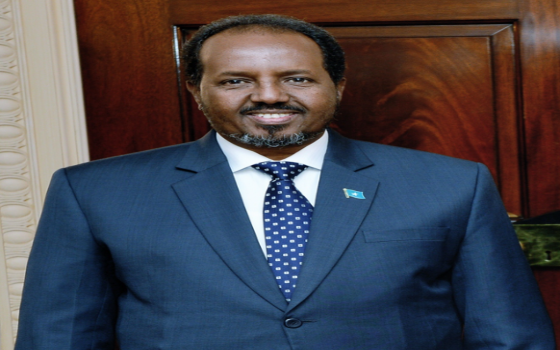

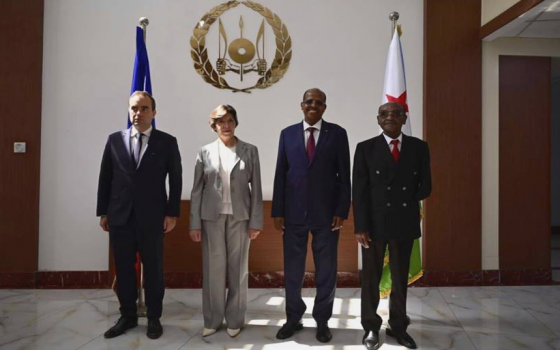
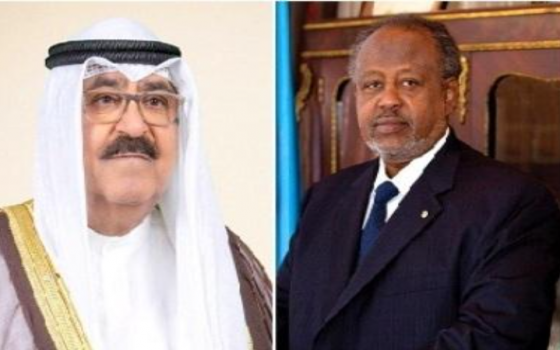
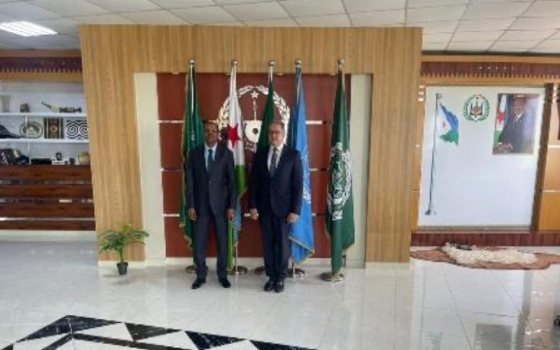
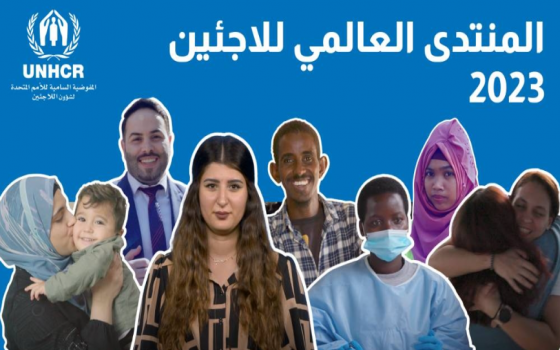


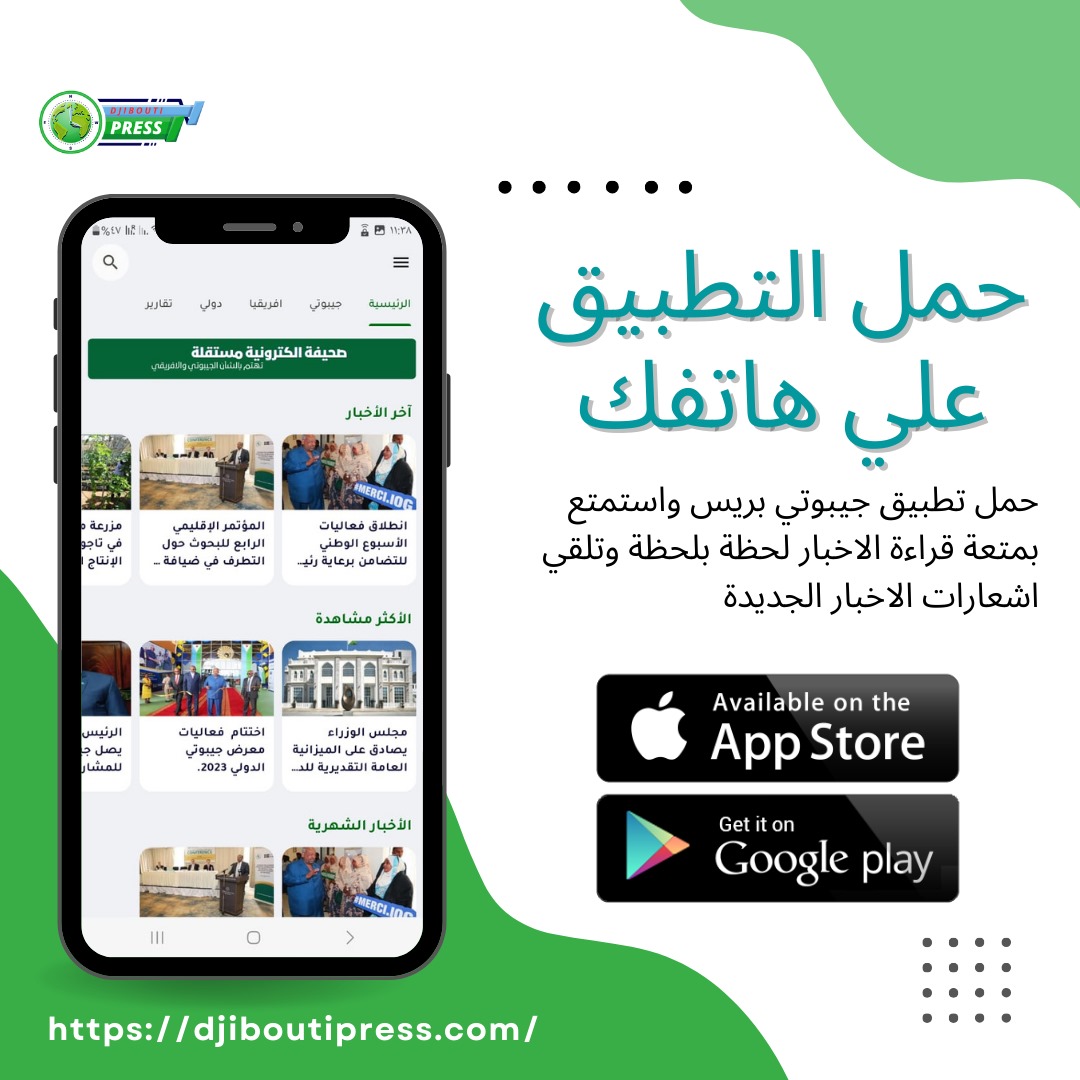
No Comments Found